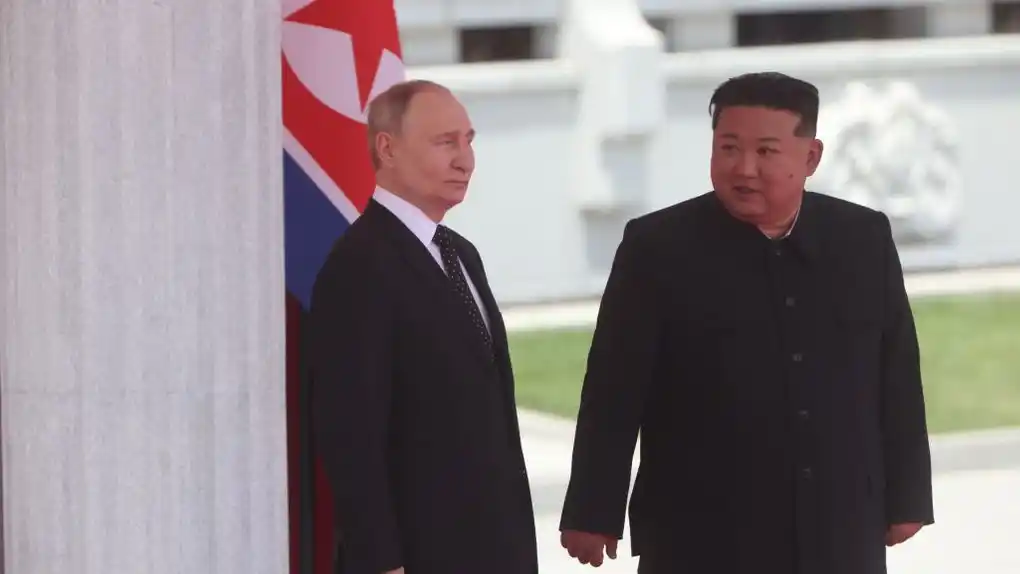North Korean leader Kim Jong Un will attend China’s highly choreographed “Victory Day” military parade in Beijing next week, marking the 80th anniversary of China’s war against Japan and the end of World War Two. It will be Kim’s first international-level meeting with world leaders, placing him alongside Chinese President Xi Jinping and Russian President Vladimir Putin.
The parade, set in Tiananmen Square, will feature tens of thousands of troops, veterans, and advanced Chinese military hardware, including tanks, aircraft, and anti-drone systems. It is the first time China’s newly structured military forces will be fully showcased in such a display. Analysts say the 70-minute spectacle, presided over by Xi, will be closely watched by Western powers.
Beijing praised its “traditional friendship” with Pyongyang and emphasized ongoing cooperation for regional peace and stability. Kim’s presence represents an upgrade from the 2015 parade, when North Korea sent senior official Choe Ryong-hae.
The gathering also underscores Xi Jinping’s growing diplomatic influence. With Putin attending amid the Ukraine war and U.S. President Donald Trump signaling interest in meeting Kim again, Xi’s role as a central broker in Asia is clear. His opportunity to host Kim and Putin ahead of a potential summit with Trump later this year positions China strategically in global negotiations.
The event raises questions about South Korean President Lee Jae Myung’s potential attendance. Lee, elected in June, has expressed interest in dialogue with Pyongyang and strengthening ties with Beijing. However, North Korea has repeatedly dismissed his outreach, most recently calling him a “confrontational maniac.” If Lee were to attend, it could offer the first face-to-face encounter between the Korean leaders since 2019, but also carries risks of public rejection or political embarrassment.
Most Western leaders are expected to skip the parade, citing tensions with Moscow. Japan has also discouraged attendance, labeling the event as having “anti-Japanese overtones.”
For Xi, the optics of hosting Kim and Putin side by side will be a significant diplomatic win, reinforcing China’s central role in shaping Asia’s strategic landscape.

